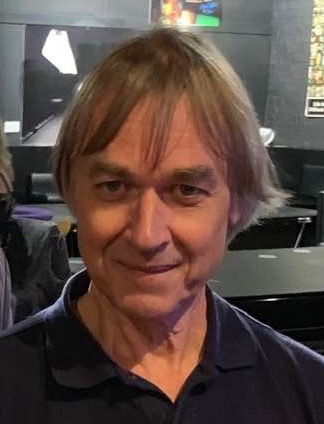FROM WEST LONDON TO THE WORLD, THE BRITISH MOD PHENOMENON

Abstract
2019 witnessed the 40th anniversary of the 1979 Mod Revival that was celebrated around the world, in festivals, concert tours, exhibitions and a wealth of publications. While the subculture takes its musical influences and style silhouette from the original 1960s British pop-culture mod era, The Who, Small Faces, soul and ska etc., it was the later 1979 Mod Revival, spearheaded and inspired by The Jam, that revisited the 1960s multicultural influences, and kick started a neo mod phenomenon, an amalgam of mod style, punk narratives, fanzines, d-i-y record labels and club culture, that continued interest after the post Quadrophenia novelty had closed the decade.
While most bands never made it above cult following status, continued association with the emblematic visual identity has allowed many to cultivate enduring careers as performing musicians live and on record, joined by waves of new bands following the same path while updating influences and regenerating audiences. Indeed, even The Who and Paul Weller (The Jam) retain close association with mod iconography, while Kenney Jones (The Small Faces/The Who) headlines this years London Mods Mayday concerts, the festival originally celebrating the recording of a 1979 live album of neo mod bands.
This paper traces the influence from the 1960s, discusses the 1979 phenomenon, the global spread through the 1980s, the influence on 1990s Britpop, and considers later examples from around the world. I describe how separation from mainstream channels has encouraged promoters, musicians and labels to create a platform that has sustained a globally recognisable branded subculture that embraces festivals, labels, publishing, and fashion becoming a self-supporting community, encompassing every level from professional virtuoso to dilettante covers bands. This niche marketing and direct-to-fan engagement experience model typifies the approach developed by thriving subcultures, now adopted by many major label music businesses.
Biography:
Anthony Meynell is a record producer, songwriter, performing musician and academic from London. After completing his PhD at the London College of Music, Anthony has continued to combine extensive industry experience as record label and performer with lecturing, delivering programmes in popular music employing practice led research techniques to studies of performance in the studio, production and history of technology. His research interest focuses on reenacttment of historic recording sessions as a process to uncover forgotten tacit working practices.
